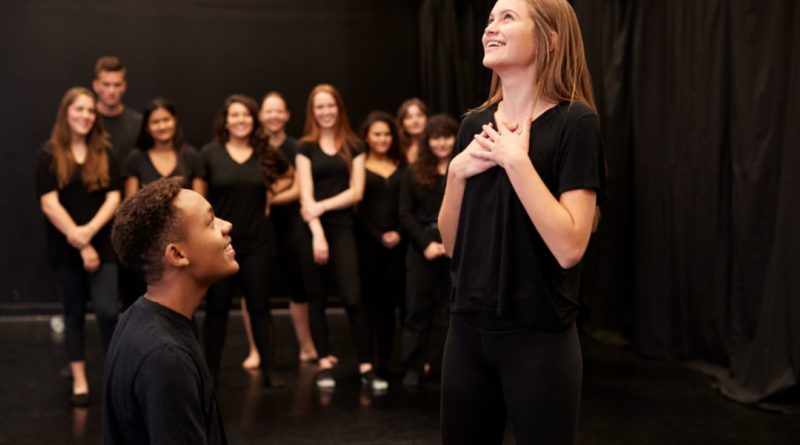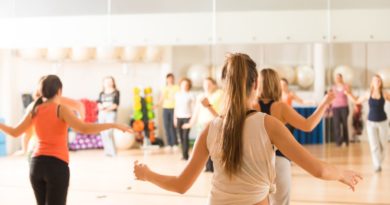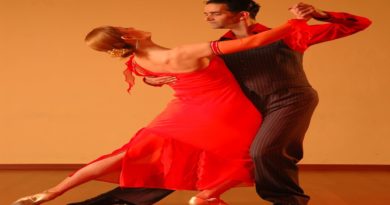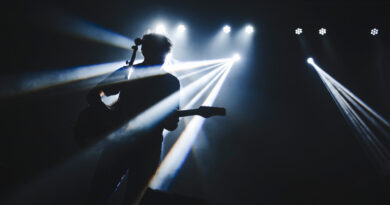Courses in Performing Arts: Become a Singler, Musician or Dancer
Considering a Course in Performing Arts?
If you are a singer, musician or dancer and want to develop your performance skills and knowledge of your practice in addition to widen both to include other kinds of artistic and musical expression, a course in performing arts is an excellent choice for you. The course will enable you to develop your performance skills in a number of areas, including traditional Irish dance, traditional Irish music, contemporary dance, voice and world music.
Additionally, you will be able to develop your scholarly knowledge and enquiry around your own disciplines. However, and most importantly, you will be introduced to other performance practices and scholarly traditions in a means to gain new insights into the worlds of dance and music, enhancing your creative potential. Also, you will study numerous vocationally focused modules aimed at allowing you to translate your artistic and scholarly creativity into a fulfilling career.
What is Performing Arts?
Performing arts is a creative activity that is performed in front of an audience, which includes music, dance and drama. Courses that focus on performing arts are incredibly practical and actively immerse you in interdisciplinary, cutting-edge practice which prepare you to enter the competitive industry. Performing arts usually includes a wide range of specialisms, such as dance, voice, acting, music theatre, physical theatre, digital video and sound design. Courses celebrate the variety of possibilities within live and digital arts in an array of contexts. Artists who participate in performing arts in front of an audience are referred to as performers. Some examples of performers include comedians, dancers, actors, circus artists, magicians, singers and musicians. Performing arts are also supported by workers in related fields such as choreography, stagecraft and song writing.
A Brief History of Performing Arts
Starting in the 6th century BC, the classical period of performing arts started in Greece, ushered in by the tragic poets including Sophocles. These poets wrote plays, which, occasionally, incorporated dance. The Hellenistic period began the widespread use of comedy. However, by the 6th century AD, Western performing arts had been largely ended, as the Dark Ages started. Between the 9th and 14th centuries, performing arts in the West was limited to morality plays and religious historical enactments, organised by the Church in celebration of holy days and other crucial events. In the 15th century, performing arts, along with arts in general, saw a revival as the Renaissance started in Italy and spread throughout Europe plays, some of which included dance. The term for this kind of dancing eventually became ballet.
What Will I Learn?
You can expect to explore professional development, voice and speech for actors, acting, stagecraft, singing, investigation of specialism and the performing arts industry. Students will explore working in the performance industry, stage management, costume design, auditioning and sound design performance.
Career Opportunities
After completing your course in performing arts, you can go into professional performance, music or dance therapy and community music and dance. In addition, you can become a music or dance teacher, an arts administrator, a performance manager and promoter or do backstage work in performance theatre, for example working as a sound engineer. Students can gain careers in music technology, working as a studio producer or technician, in the media, in particular in TV and radio and doing work in cultural institutions and archives. Beyond the career opportunities, there is also room to progress if you would like to continue your learning. There are tons of level 8 and level 9 courses in performing arts, which cover all areas or specialise in specific ones.
If you’re serious about doing a course in performing arts, check out courses near you in the Nightcourses.co.uk national course finder.




